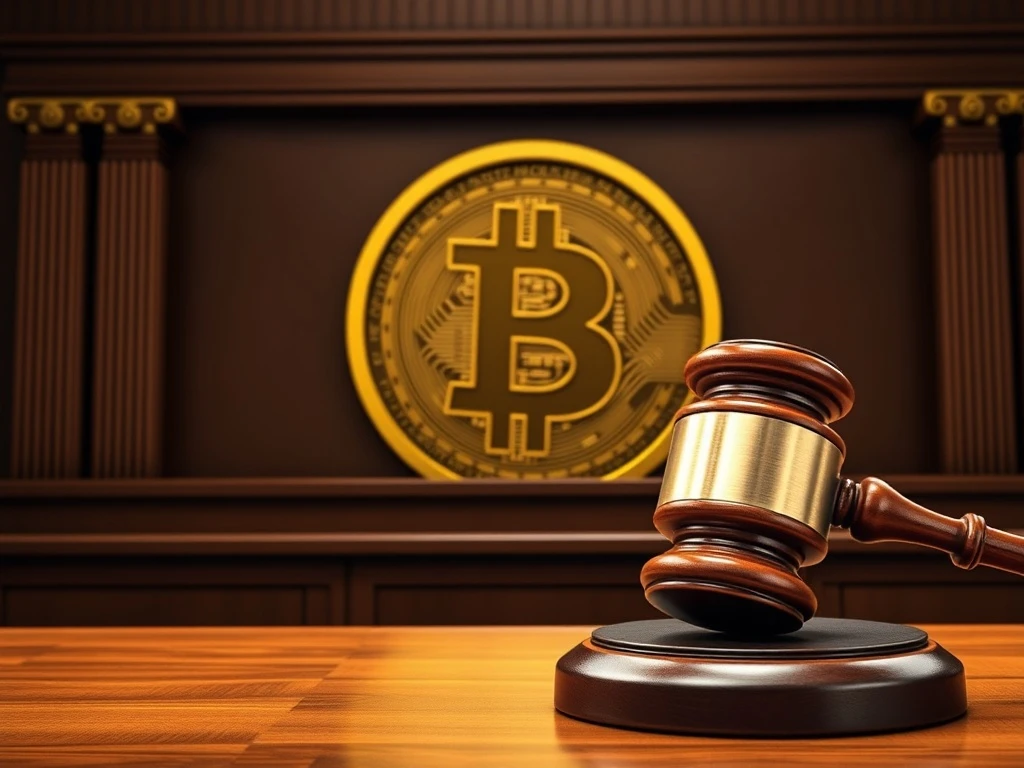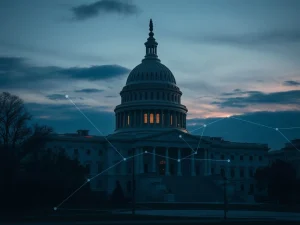Samourai Wallet Founders Face Shocking 5-Year Sentence in Landmark Crypto Case

In a shocking development for the cryptocurrency world, Samourai Wallet co-founders Keonne Rodriguez and William Hill have pleaded guilty to operating an unlicensed money transmitting business in New York. This landmark case could reshape how regulators treat privacy-focused crypto tools.
What Happened in the Samourai Wallet Case?
The co-founders admitted to a single conspiracy charge related to their wallet’s coin-mixing service, which prosecutors claim laundered over $100 million in criminal proceeds. Key details:
- Plea deal reduces maximum sentence from 20 years to 5 years
- $238 million in assets to be forfeited
- Sentencing scheduled for November 2025
Why Does This Bitcoin Privacy Case Matter?
The Samourai Wallet case represents a critical test for privacy-enhancing cryptocurrency tools. While the service was marketed as protecting user anonymity, prosecutors argued it primarily facilitated illegal activities. This creates tension between:
| Privacy Advocates | Regulators |
|---|---|
| View mixing as essential for financial freedom | See it as enabling criminal activity |
| Argue for decentralized solutions | Push for compliance with money transmission laws |
What the Plea Deal Means for Crypto Regulation
The Samourai Wallet plea agreement could set important precedents:
- Encourages other crypto firms to negotiate rather than fight charges
- Shows prosecutors’ willingness to pursue unlicensed services
- Highlights growing regulatory pressure on privacy tools
FAQs About the Samourai Wallet Case
Q: What exactly did Samourai Wallet do wrong?
A: Prosecutors alleged they operated an unlicensed money transmitter business and knowingly facilitated money laundering.
Q: How much prison time do the founders face?
A: Up to 5 years under the plea deal, instead of the original 20-year maximum.
Q: Will this affect other Bitcoin privacy tools?
A: Legal experts say it likely signals increased scrutiny of similar services.
Q: Can the forfeited $238 million be recovered?
A: The defendants have agreed to this forfeiture as part of their plea agreement.








